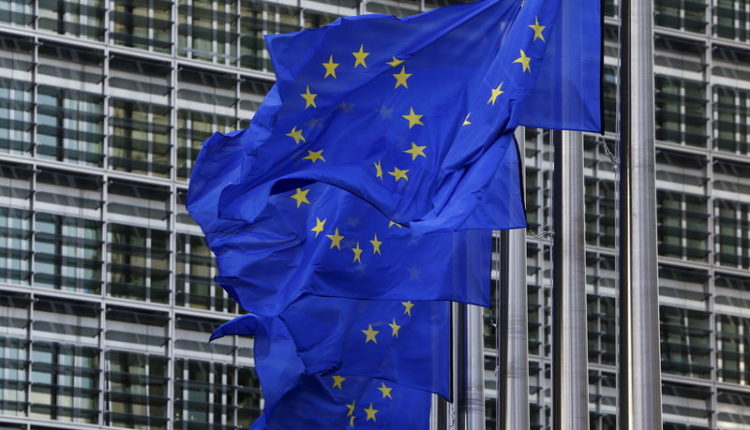By Huw Jones
PARIS (Reuters) – Major European Union banks face a collective shortfall of 135 billion euros ($153 billion) to fully comply with global capital requirements by 2027, meaning they need to raise their capital by at least 24.4%, the European Banking Authority said.
The EBA is finalizing its recommendations to the EU on meeting the final requirements of the Basel III accord, which is due to be fully implemented by 2027, 20 years after the global financial crisis of 2007-09 forced taxpayers to bail out many EU banks.
Basel III is an internationally agreed set of measures aimed at strengthening the regulation, supervision and risk management of banks.
Officials from the EBA, which in March said implementation would mean an average 19% increase in average core capital, or 24.2 billion euros, told a public hearing that the biggest of the 189 banks surveyed face the bulk of the shortfall.
While the total capital shortfall is about 135 billion euros, almost entirely among larger banks, this would be reduced to 58.7 billion euros if banks were to retain profits throughout the transition period, rather than raising new capital.
The banks have several years to fill the gap and for half of them the average minimum capital increase would be far lower at around 10 percent, EBA officials said on Tuesday.
The Basel Committee on Banking Supervision, which drafted Basel III, and EU finance ministers have agreed that it should not lead to a significant increase in overall capital requirements.
Bankers say that an increase of about 20 percent counts as material, especially when lenders are under pressure from markets and investors to show they hold capital buffers that are well above the minimum requirements.

